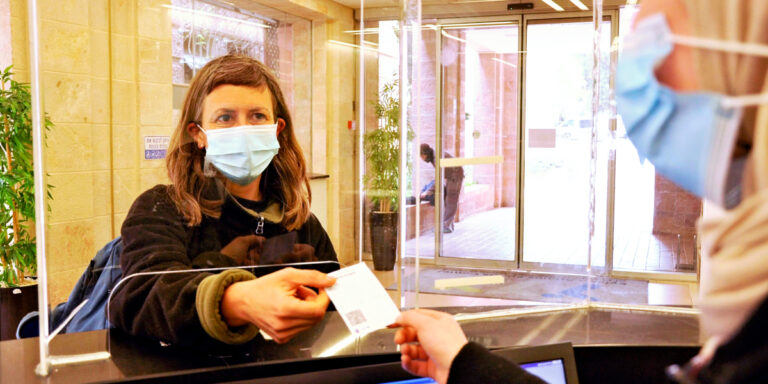
Access to legal abortion is now subject to state laws, allowing each state to decide whether to ban, restrict, or allow the procedure. Some parts of the country are much stricter than others—Arkansas, Oklahoma, and Kentucky are among the 13 states with trigger laws that immediately made abortion illegal in the aftermath of the ruling. In total, around half of states are likely to either ban or limit abortion, with many of them refusing to make exceptions even in pregnancies involving rape, incest, and fetuses with genetic abnormalities. Many specialized abortion clinics may be forced to close their doors in the next few days and weeks.
While overturning Roe v. Wade will not spell an end to abortions in the US, it’s likely to lower the rate and force those seeking them to pursue different methods. People living in states that ban or heavily restrict abortion may consider traveling to other areas, although crossing state lines can be time consuming and prohibitively expensive for those facing financial hardship.
The likelihood that anti-abortion activists will use surveillance and data collection to track and identify people seeking abortions is also higher following the decision. This information could be used in criminal proceedings, making it particularly dangerous for those leaving home to cross state lines.
Vigilante volunteers already stake out abortion clinics in states including Mississippi, Florida, and North Carolina, filming people’s arrival on cameras and recording details about them and their cars. While activists deny that the data is used to harass or contact people seeking abortions, experts are concerned that footage of clients arriving and leaving clinics could be exploited to target and harm them, particularly if law enforcement agencies or private groups use facial recognition to identify them.
Another option is to order so-called abortion pills to discreetly end a pregnancy at home. The pills, which are safe and widely prescribed by doctors, are significantly less expensive than surgical procedures; they already account for the majority of abortions in the US.






